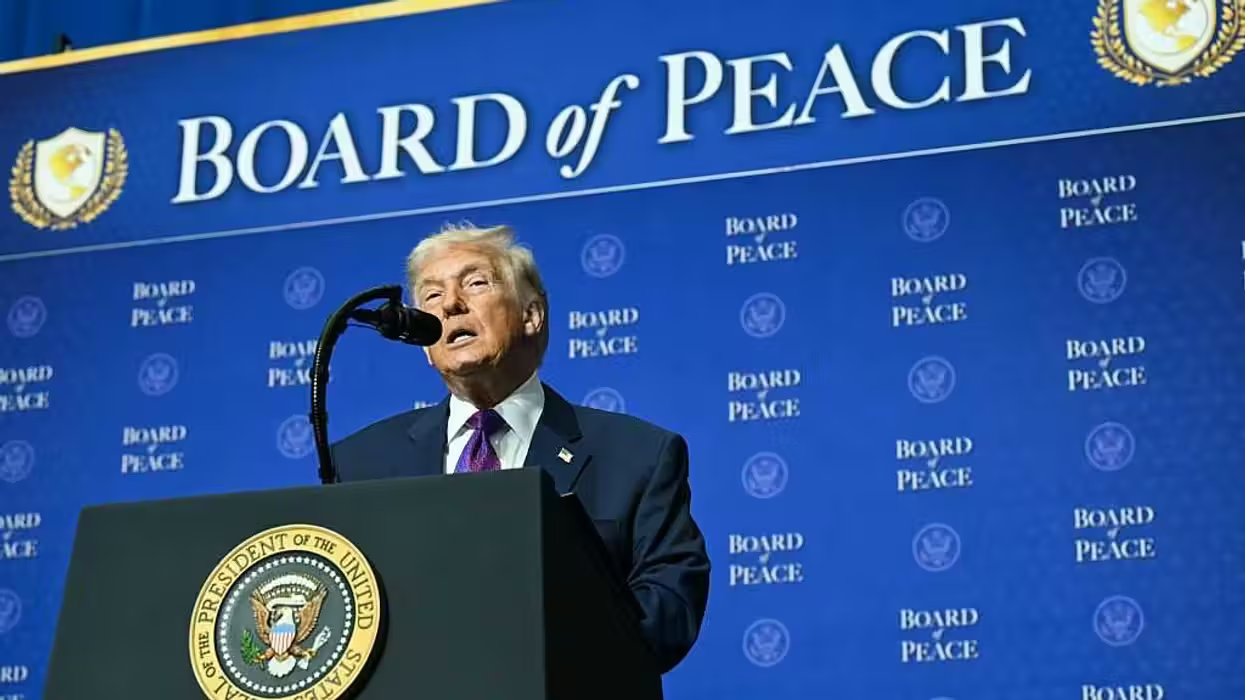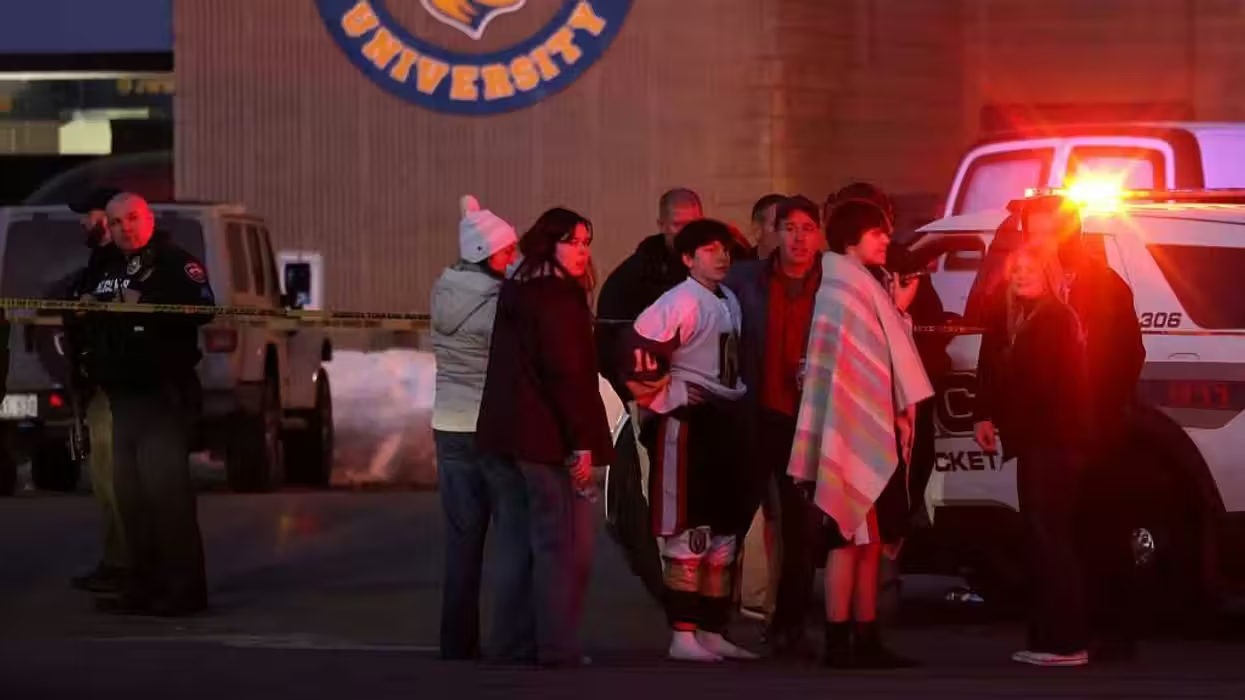
© 2026 Blaze Media LLC. All rights reserved.
Obama's Lawyers Seek to Remove Employment Exceptions for Religious Organizations
October 04, 2011
"quite unusual"
 The United States Department of Justice is about to create a great deal of controversy.
The United States Department of Justice is about to create a great deal of controversy.
Officials are planning to ask the Supreme Court to throw out long-standing legal precedent that protects religious organizations from governmental regulations and intrusions.
Lawyers will present their oral arguments to the Supreme Court on Wednesday in "Hosanna-Tabor Evangelical Lutheran Church and School v. Equal Employment Opportunity Commission." Religion News Service has dubbed this case "one of the most important church-state cases in years," thus this move by the Justice Department will surely be highly debated.
The case surrounds Cheryl Perich, who taught both religion and a secular subject at the Hoasanna-Tabor school in Michigan until 2004. It was during that year that she was diagnosed with a sleep disorder, which required that she take a few months off of work. The Lutheran congregation hired another teacher to serve as her replacement and they asked Perich to resign.
At this point, a doctor had given her permission to return to work. But considering the woman's illness and the church's attempt to replace her, she ended up threatening to launch a lawsuit and the congregation subsequently voted to let her go. After she was replaced, Perich did inevitably sue the school under the Americans with Disabilities Act.
The church's argument was that her job wasn't covered under employment law, seeing as the position was at a religious institution, which is shielded from traditional federal employment regulations. Although she lost the first court battle in 2004, the 6th U.S. Circuit Court of Appeals (Cincinnati) subsequently ruled in her favor. Religion News Service sets up the questions surrounding the legal debate:
The question before the justices concerns the "ministerial exception," a 40-year-old legal doctrine that protects churches and other religious institutions from government interference in their employment decisions.Few would dispute that a religious congregation should be unfettered when it chooses to hire or fire clergy. But what about other church employees?
The government appears poised to side with Perich. In a legal brief, which was already submitted to the Supreme Court, the Obama administration seeks an elimination of the ministerial exemption. The document, which was written by Solicitor General Donald Verilli and Thomas Perez (head of the civil rights division), says, "The Establishment Clause … provides no support for a categorical ministerial exception that would bar adjudication of this case."
 Interestingly, the administration argues that even if the court does, indeed, reaffirm the exception, it should not apply to teachers in religious schools. "Plaintiffs in that category should be able to proceed with their claims, subject to careful trial management by the district courts and appropriate sensitivity to [church-state] entanglement concerns," the brief reads.
Interestingly, the administration argues that even if the court does, indeed, reaffirm the exception, it should not apply to teachers in religious schools. "Plaintiffs in that category should be able to proceed with their claims, subject to careful trial management by the district courts and appropriate sensitivity to [church-state] entanglement concerns," the brief reads.
University of Notre Dame law professor Richard Garnett says that the Justice Department's stance "is going against what almost every court has decided … it has has taken an outlier position."
According to The Daily Caller, Barry Lynn, who is the head of Americans United for Separation of Church and State, said, "It does seem to do that...it is quite unusual because this administration has not been good on … church-state issues."
In the end, this could potentially have a great deal of impact on the president's support among members of the faith community.
(H/T: The Daily Caller)
Want to leave a tip?
We answer to you. Help keep our content free of advertisers and big tech censorship by leaving a tip today.
Want to join the conversation?
Already a subscriber?
Billy Hallowell is a digital TV host and interviewer for Faithwire and CBN News and the co-host of CBN’s "Quick Start Podcast."
Billy Hallowell
Billy Hallowell is a digital TV host and interviewer for Faithwire and CBN News and the co-host of CBN’s "Quick Start Podcast."
more stories
Sign up for the Blaze newsletter
By signing up, you agree to our Privacy Policy and Terms of Use, and agree to receive content that may sometimes include advertisements. You may opt out at any time.
Related Content
© 2026 Blaze Media LLC. All rights reserved.
Get the stories that matter most delivered directly to your inbox.
By signing up, you agree to our Privacy Policy and Terms of Use, and agree to receive content that may sometimes include advertisements. You may opt out at any time.






